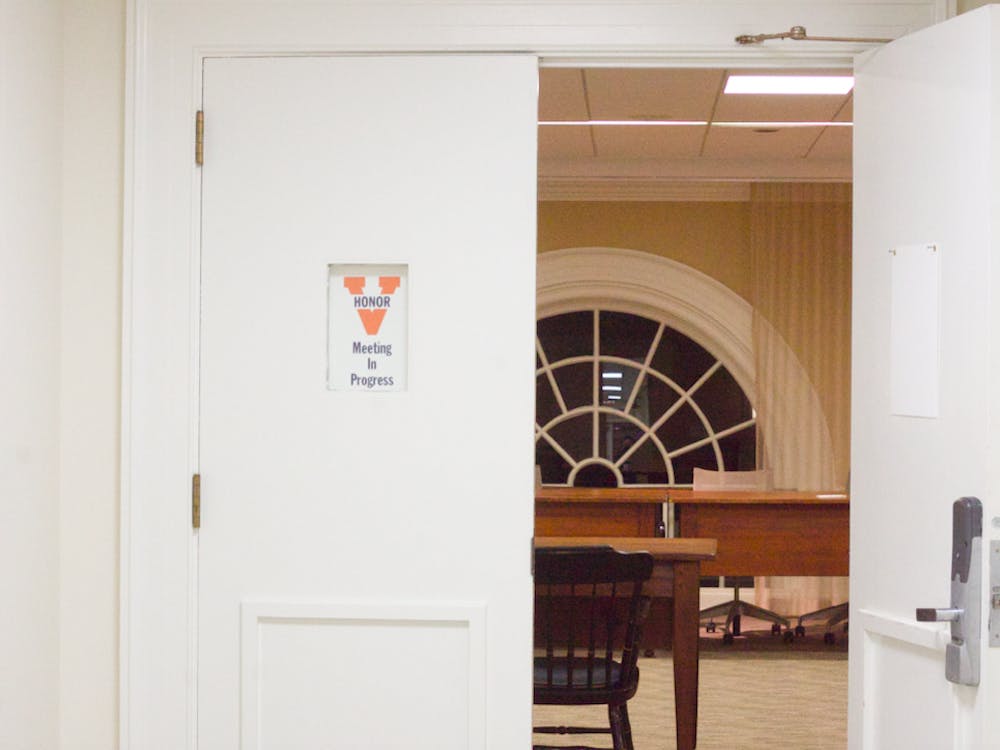Last week Mark Oppenheimer wrote an opinion piece for The Washington Post arguing the benefits of grade inflation. Oppenheimer claims grade inflation has continually become more prominent in the last few decades and is impossible to reverse. His overall conclusion is that grades do not matter and that grade inflation actually helps by ending the centrality of grades in higher education. While I am sympathetic to many of Oppenheimer’s points, grade inflation is not only avoidable but also counterproductive.
It is not impossible to stop grade inflation. Oppenheimer argues when the number of high grades given out is limited, students are less happy and much less likely to take a class. He cites a policy at Wellesley that mandated class averages stay below a B-plus in certain introductory and intermediate courses. This made it 30 percent less likely for students to major in one of these courses. From this perspective it seems clear grade inflation is something professors will be inevitably forced to do.
What Oppenheimer fails to mention in his article is the conclusion of the researchers of the study, which directly contradicts his argument. The researchers argue grade inflation was leading some students to enter the humanities because they thought they could get better grades. We always could use more STEM majors, even as a liberal arts degree is valued more and more. But it’s not just about what type of degree is more important. As an Economist article on the study concludes, “Universities should take note and encourage their students to study what they find intrinsically rewarding; not what will give them bloated grades.” So grade inflation can be stopped as long as a school doesn’t mind challenging students.
Grades remain a strong way to motivate students and benchmark their knowledge. They are not a perfect instrument, and they can be very blunt at times (as Oppenheimer points out), but no one has been able to come up with a better system. Grade inflation takes away one of the strongest aspects of grades: failure. Failure doesn’t have to be an F, but everyone has experienced a grade that has felt like a failure to them. It is tough to fail, but it is also very important. Time and time again failure and adversity, in small doses, have been shown to have strong positive effects on people. Grade inflation shelters students from this needed failure and essentially forestalls teaching students about failure until they are in the professional world.
In his article, Oppenheimer references some schools that have gone “grade free.” All of these schools are small, liberal colleges with a very low teacher-student ratio. Oppenheimer acknowledges that larger, less expensive schools cannot do this right now but thinks this will slowly change just like the pervasive need for SAT scores to get into a college is changing. This is a weak analogy at best. Colleges can afford to ignore SAT scores because they are still given a great deal of other information about applicants, including their GPA. This is a change that cost nothing to institute and has a great deal of backing.
Oppenheimer ends his article musing about how ending grades will make students happier and colleges more democratic. His vision is attractive, one where teachers give students feedback in the form of written evaluations instead of faceless grades. Yet for the vast majority of us, even students at elite institutions such as our own, this is only a pipe dream. It would be nice not to have to worry about grades, or have them matter. But the truth is our struggles with grades make us better, and as long as we care about improving ourselves, we will need grades.
Bobby Doyle is an Opinion columnist for The Cavalier Daily. He can be reached at b.doyle@cavalierdaily.com.





